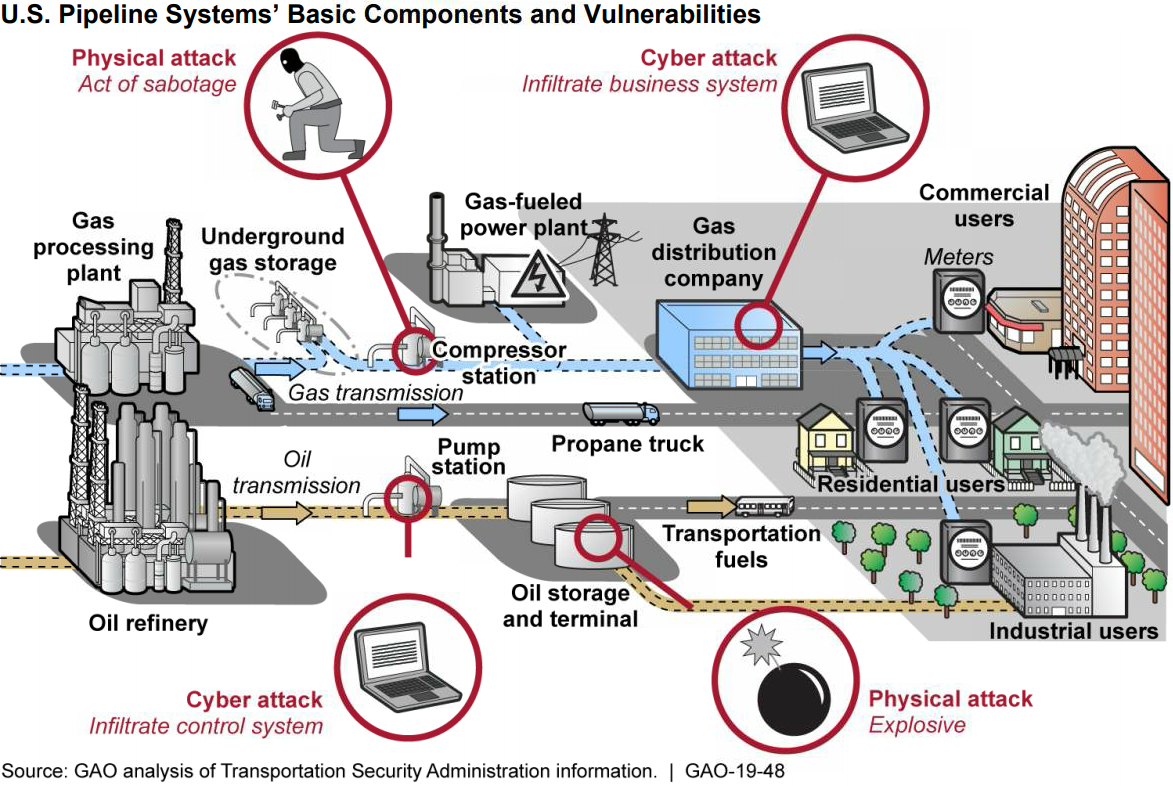China's Elite Team: Securing A Critical Deal With The US

Table of Contents
Understanding China's Negotiation Strategy in US-China Relations
China's approach to negotiation, particularly in its dealings with the US, is characterized by patience, a long-term vision, and a steadfast emphasis on national interests. Unlike some Western approaches that prioritize immediate gains, China often prioritizes building strong, long-lasting relationships. This strategy plays out in several key aspects:
- Building Long-Term Relationships: China values relationship-building above all else. They invest significant time cultivating trust and understanding before delving into the specifics of a deal. This approach aims to create a foundation for future collaborations.
- Strategic Use of Concessions and Leverage: China employs a strategic approach to concessions, carefully weighing the short-term costs against long-term benefits. They are adept at identifying and utilizing leverage points to their advantage.
- Emphasis on Maintaining National Pride and Sovereignty: Preserving national pride and sovereignty is paramount for China. Negotiations are viewed through this lens, and compromises are carefully considered to avoid perceived losses of face.
- Importance of Face-Saving Measures: Maintaining the dignity and reputation of all parties involved is crucial. China often employs face-saving measures to ensure all participants feel respected and valued throughout the negotiation process.
These tactics, often described as "China negotiation tactics," are central to understanding their approach in US-China trade talks and diplomatic strategy. They reflect a fundamentally different negotiating style than that often seen in Western countries.
Key Players on China's Elite Team: Profiles and Expertise
The success of any US-China deal hinges on the expertise and experience of the individuals involved. China’s elite team comprises highly skilled negotiators, economists, and diplomats. While specific names might change depending on the deal, certain roles and expertise are consistently represented. Let's examine some key player profiles:
- Liu He (Hypothetical Example): Often the lead negotiator in high-level economic talks. His extensive experience in economics and finance provides valuable insights. He has a history of successfully navigating complex trade issues, demonstrating his skills in diplomacy and negotiation, but also has faced challenges in reaching comprehensive agreements in the past.
- Wang Yi (Hypothetical Example): A seasoned diplomat with a deep understanding of international relations. His expertise in navigating geopolitical complexities is invaluable in high-stakes negotiations with the US. He is known for his strategic approach and ability to manage difficult situations.
- Several Economic Experts: The team typically includes several prominent economic experts from various governmental agencies. These individuals provide crucial data analysis and strategic economic guidance.
These profiles showcase the depth of expertise within China's US-China trade delegation. The team’s collective knowledge significantly influences the strategy and outcomes of negotiations.
The Critical Deal: Stakes and Objectives
The "critical deal" in question likely encompasses various significant aspects of the US-China relationship. While specific details might be confidential, it's safe to assume the deal's objectives include:
- Specific Areas of the Deal: This could involve reducing tariffs, increasing market access for both countries, addressing concerns regarding technology transfer and intellectual property rights (IPR), and possibly other areas of bilateral trade.
- Potential Benefits for China: Improved market access for Chinese goods in the US, reduced trade tensions, and the potential for further technological advancements are major benefits.
- Potential Benefits for the US: Increased access to Chinese markets, protecting US intellectual property, and reducing the trade deficit are some potential gains. Conversely, risks exist for both sides, including a deal that falls short of expectations or failure to reach an agreement entirely.
This US-China trade agreement is, therefore, far more than just an economic agreement; it has profound geopolitical implications and will likely influence the future trajectory of the bilateral relationship.
Challenges and Potential Outcomes of the US-China Deal
Reaching a successful US-China deal faces significant challenges:
- Potential Points of Contention: Differing political systems, economic competition, and persistent ideological differences create inherent tension. Issues like technology transfer, cybersecurity, and human rights remain significant points of contention.
- Risk of Deal Failure and Consequences: Failure to reach an agreement could escalate trade tensions, potentially leading to further economic sanctions or even military confrontation.
- Analysis of Potential Compromises: Both sides will need to make compromises to reach an agreement. Understanding the potential compromises and their implications is crucial for predicting the final outcome.
This complex interplay of factors underscores the difficulty of securing a successful agreement and the critical importance of adept negotiation. A successful outcome will require considerable diplomatic skill and a willingness to compromise on both sides.
Conclusion: Securing a Critical Deal: The Future of US-China Relations
China's elite team plays a pivotal role in shaping the future of US-China relations. Their strategic approach to negotiation, encompassing patience, a long-term vision, and a keen focus on national interests, is crucial to securing a critical deal. The team’s expertise, comprising economic prowess and diplomatic finesse, significantly influences the outcomes of these high-stakes negotiations. The deal’s implications for both countries are immense, impacting trade flows, technological advancements, and geopolitical stability. Staying informed about the ongoing US-China negotiations and the ongoing role of China's elite team is paramount. Further research into the key players and the intricacies of this critical deal will provide invaluable insights into the future trajectory of the vital US-China relationship. Understanding China's elite team and their approach to this critical deal is essential for comprehending the evolving dynamics between these two global powers.

Featured Posts
-
 Apa De Robinet Romania Riscuri Si Zone Periculoase
May 16, 2025
Apa De Robinet Romania Riscuri Si Zone Periculoase
May 16, 2025 -
 Chicago Cubs Poteet Triumphs In Spring Training Abs Challenge
May 16, 2025
Chicago Cubs Poteet Triumphs In Spring Training Abs Challenge
May 16, 2025 -
 San Diego Padres Release 2025 Season Broadcast Schedule
May 16, 2025
San Diego Padres Release 2025 Season Broadcast Schedule
May 16, 2025 -
 Warriors Rockets Game 4 Nba Fans Reactions To Jimmy Butlers Injury Status
May 16, 2025
Warriors Rockets Game 4 Nba Fans Reactions To Jimmy Butlers Injury Status
May 16, 2025 -
 Dispelling Myths A Look At The Us Economic Dependence On Canada
May 16, 2025
Dispelling Myths A Look At The Us Economic Dependence On Canada
May 16, 2025
